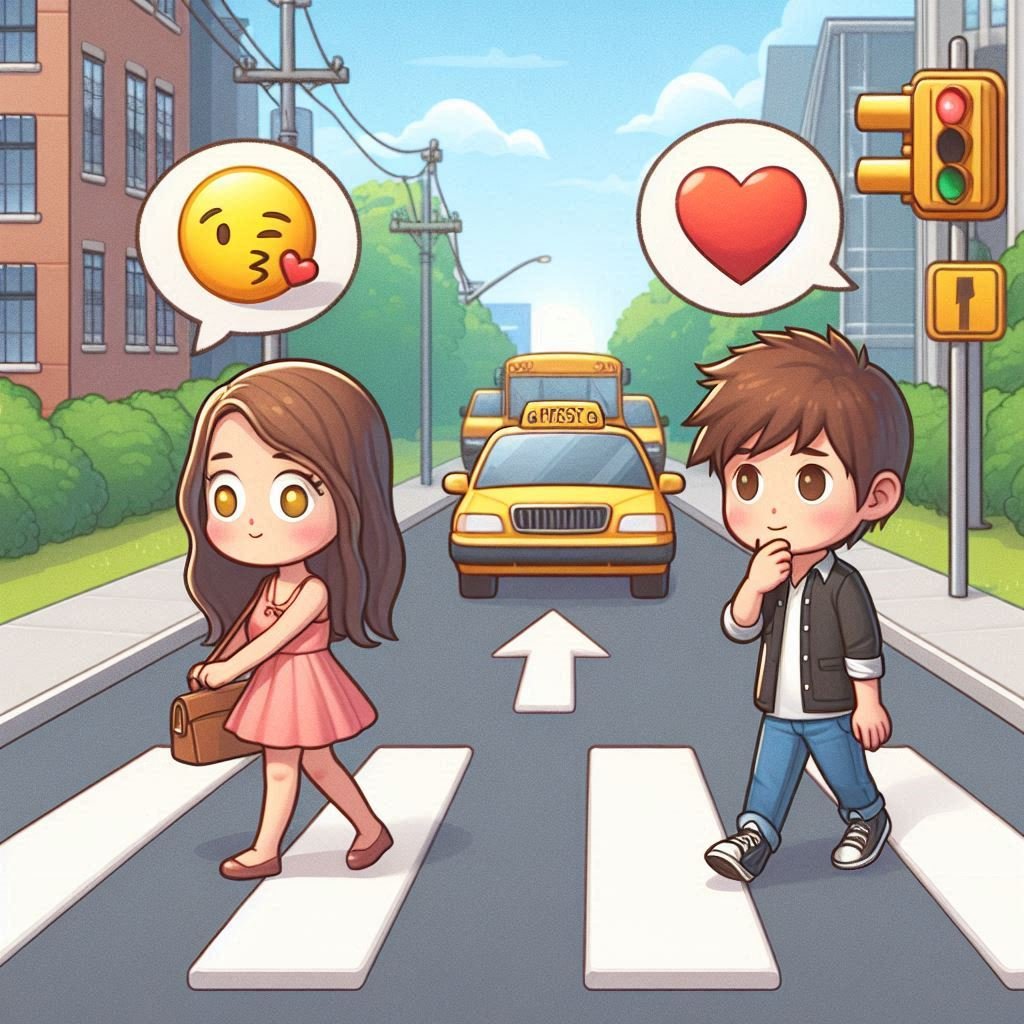Frequently Asked Questions – Wisher
When to end a relationship?
Deciding to end a relationship is a profound and often painful choice. Here are some key signs that may indicate it’s time to consider breaking up:
Constant Conflict is a clear warning sign. When arguments become frequent and escalate without resolution, it may indicate underlying issues that are not being addressed. Constant fighting can erode the connection between partners, making it difficult to reconcile and move forward. Feeling Unvalued can also be a significant red flag. If you consistently feel disrespected, underappreciated, or invalidated by your partner, it can lead to deep-seated resentment. Emotional support and appreciation are crucial for a healthy relationship, and their absence can signal an unhealthy dynamic.

Loss of Emotional and Physical Intimacy suggests a decline in the relationship’s vibrancy. If you no longer feel excited about being with your partner or lack the desire for physical affection, it may reflect a diminished emotional connection. Both emotional and physical intimacy are vital for sustaining a relationship. Inability to Envision a Future Together can be a strong indicator that the relationship may not be sustainable. If you struggle to see a future with your partner or find that your goals and values are misaligned, it may signal that your paths are diverging.
Feeling Drained rather than uplifted by the relationship is a critical sign. A partnership should ideally enhance your life, offering support and joy. If you find yourself feeling consistently exhausted or overwhelmed, it may be time to reevaluate the relationship’s impact on your well-being. Desire to Change Each Other reflects an unhealthy dynamic. If there is a constant pressure to change fundamental aspects of who you are, it indicates that acceptance and love are lacking. A healthy relationship should celebrate you for who you are, not for who someone else wants you to be.

Lack of Trust can create an emotionally taxing environment. If trust has been broken and efforts to rebuild it have failed, it may indicate that the relationship is unsustainable. Trust is essential for a strong and enduring partnership. Ignoring Each Other signals disengagement. If discussions about the relationship are avoided and each partner’s needs are neglected, it suggests a lack of engagement and investment. This avoidance can be a sign that the relationship is in trouble.
Always on High Alert indicates a stressful dynamic. If you find yourself constantly anxious about your partner’s reactions or the state of the relationship, it reflects an unhealthy environment. Constant worry can be detrimental to your emotional health.
Growing Apart can signify that the relationship is no longer fulfilling. If you and your partner have developed significantly different priorities, interests, or values, and find it challenging to communicate or share experiences, it might be time to consider whether the relationship still meets your needs.
What is stonewalling in a relationship?
Stonewalling can be a significant barrier in relationships, where one partner withdraws completely during conflicts or discussions. This withdrawal manifests in several ways—giving the silent treatment, avoiding eye contact, or leaving the situation without explanation. Such behavior effectively shuts down dialogue, making it hard to resolve conflicts or address issues meaningfully.
A key feature of stonewalling is the Withdrawal from Conversation. The stonewalling partner might stop responding both verbally and nonverbally, avoiding eye contact and dismissing the other’s concerns. This behavior hampers effective communication and makes it difficult to address and resolve the issues at hand.

Another characteristic is Avoidance of Issues. The person engaging in stonewalling may change the subject, make accusations, or refuse to address the matter. This avoidance creates unresolved conflicts and can deepen existing issues, leading to more frustration and emotional distance.
Stonewalling often stems from various causes, including Emotional Overwhelm where the individual feels too overwhelmed by the conversation and withdraws as a defense mechanism. Some people use stonewalling as a method of Conflict Avoidance, believing that disengaging maintains peace. Additionally, Power Dynamics can play a role, where stonewalling is used manipulatively to assert control over the other partner.
The impact on relationships can be profound. Stonewalling disrupts effective communication and conflict resolution, often leading to heightened frustration and desperation in the partner who is being stonewalled. Relationship expert John Gottman identifies it as one of the “four horsemen” that predict relationship breakdowns. It can escalate conflicts, erode trust, and damage emotional connections.
Addressing stonewalling involves direct intervention. Couples should discuss their communication styles openly and consider seeking professional help, such as couples therapy, to develop healthier conflict resolution strategies. Recognizing and addressing stonewalling is crucial for rebuilding trust and improving communication, leading to a healthier and more supportive relationship.
When to leave along term relationship?
Deciding to end a long-term relationship can be one of the most heart-wrenching decisions you might face. Recognizing when it’s time to consider this step involves looking out for specific signs that indicate the relationship might not be serving either of you well anymore.
Constant Conflict is often a red flag. When arguments become frequent and unresolved, it suggests that communication is breaking down, leaving both partners exhausted and frustrated. If every discussion turns into a battle, it may signal that the relationship is deteriorating beyond repair. Emotional Disconnection is another critical sign. When you no longer share your thoughts and feelings or the usual comfort and intimacy seem to be missing, it indicates that the emotional bond is weakening. The absence of meaningful connection can make the relationship feel distant and hollow.

Drifting Apart can also be telling. If you find yourselves living separate lives, lacking common interests, and preferring solitude over togetherness, it suggests that the relationship might be fading. When your goals and values no longer align, it’s a clear sign that you may be moving in different directions. Ignoring Each Other and Desire for an Affair further highlight the decline. If conversations about the relationship become rare and issues are avoided, it reflects a lack of respect and investment. Fantasizing about someone else often signals a deep disconnection and a growing detachment from your partner.
Lack of Trust and Feeling Drained also point to significant issues. Rebuilding trust can be challenging, and if the relationship feels more exhausting than uplifting, it may be time to reassess its viability. A supportive partnership should bring joy, not deplete your energy. Inability to Envision a Future Together, Contempt and Criticism, and Loss of Physical Intimacy are further indicators. If you struggle to imagine a future with your partner or frequently engage in negative behaviors like criticism and defensiveness, it’s a sign that the relationship might be reaching its end. A decline in physical affection often signifies that the emotional connection is fading.



